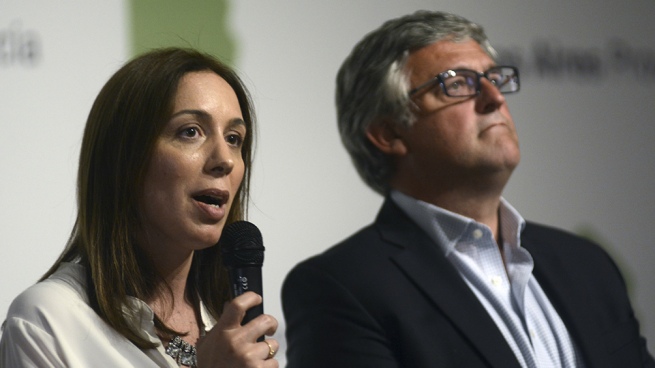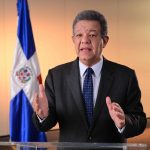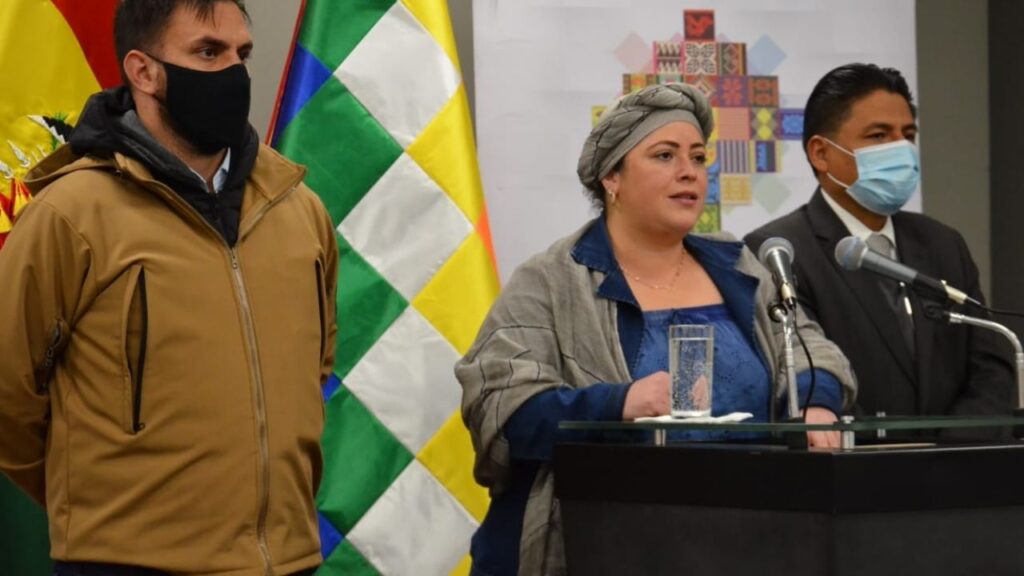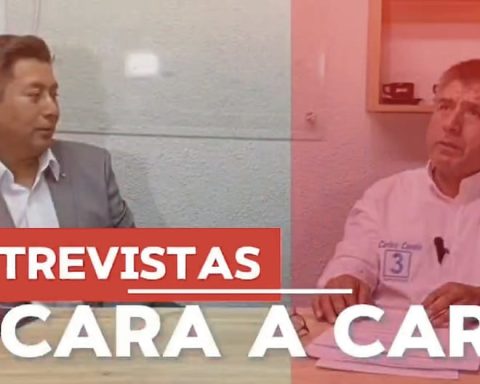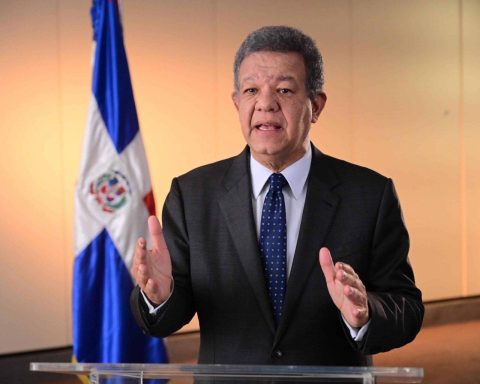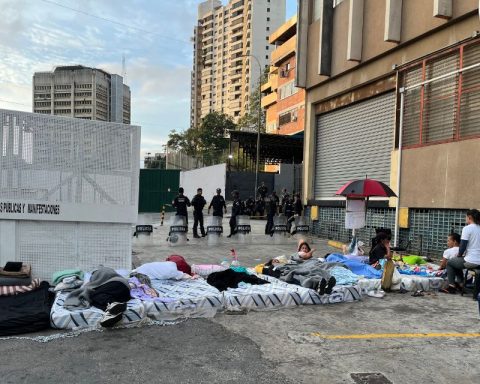Former Buenos Aires Minister of Labor Marcelo Villegasofficial during the management of the former governor Maria Eugenia Vidalanticipated this Tuesday by means of a letter his refusal to appear this Wednesday before the members of the subcommission of the Bicameral Congressional Intelligence to explain the scope of his statements recorded in a 2017 video, in which he expressed their desire to have a “Gestapo” to act against the unions.
Villegas was summoned last week by that parliamentary body that is investigating a meeting held at the Buenos Aires headquarters of Banco Provinciain which Vidal’s minister and other members of the Buenos Aires cabinet, together with intelligence agents and businessmen, analyzed the formation of a judicial table to promote cases against union organizations.
The former official gave employers instructions about the way in which they should act for the armed with causes and he confided in them that the Attorney General was aware of how these maneuvers should be carried out, according to what the legislators were able to reconstruct from the testimonies that can be seen in that audiovisual record.

The summons to Villegas was resolved after last Thursday the legislators heard the testimony of the Buenos Aires attorney, Julius Conte Grandwho tried to disassociate himself from the judicial table against trade unionists with “not very convincing” arguments, according to what the official parliamentarians who make up the Bicameral entrusted to Télam.
In fact, according to the president of the Bicameral, Leopold Moreau“we were able to corroborate that in that meeting at Banco Provincia Minister Villegas effectively directly involved the Attorney General and the Attorney General in particular”.
Conte Grand denied involvement before the legislators and assured that “he did not take responsibility for Villegas’s sayings” and that the former minister “had acted irresponsibly,” according to Moreau.
In a note sent to the commission, the former minister’s lawyer, Marcelo Rochettijustifies the absence in which “Villegas could incriminate himself with his statements before that commission, which affects the rights and guarantees that assist him” in relation to the case pending in the federal justice of La Plata, reported parliamentary sources.

Given this scenario, legislators will meet this Wednesday to define the steps to follow before the refusal of the former official to attend the commission.
Meanwhile, for Thursday at noon the subcommittee summoned Dario BiorsiAFI official during the management of Together for Change, present at the meeting held at the Bapro headquarters in Buenos Aires.
The statement by the bank’s former manager of Institutional Relations, Hernán Stella, who had been summoned in January and asked to postpone his presentation for particular reasons, is also scheduled for Tuesday of next week. A bank official recently declared before the subcommittee that the area in charge of her has been in charge of reserving the room where the meeting was held since 2016, for which she would have practically disassociated Stella from the event.
The legislators investigate the scope of the meeting held at the Buenos Aires headquarters of Banco Provincia, where the then Minister of Labor expressed to those present his desire to have “a Gestapo” -the political police of the Nazi regime- to persecute the unions .
The audio of that video – which constituted the beginning of the judicial and parliamentary investigation – revealed that some of the attendees alluded to the assured collaboration of a prosecutor and the Attorney General in the objective of harming trade unionists.
According to the investigation they are carrying out, the legislators were able to prove that the Banco Provincia room was reserved by the Vidal Government for a period of three days and that the cameras were installed and dismantled the day before and the day after, respectively, to when the encounter occurred.
In the court case, the federal judge of La Plata Ernesto Kreplak asked the Federal Intelligence Agency (AFI) to report if Vidal received an encrypted or satellite phone and, if so, if he returned it to that agency, sources reported. courts.
